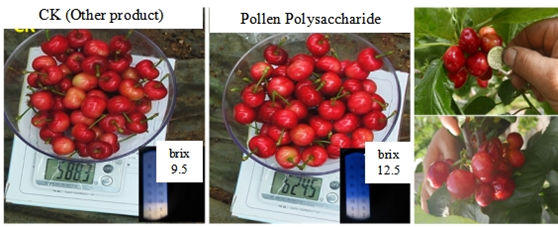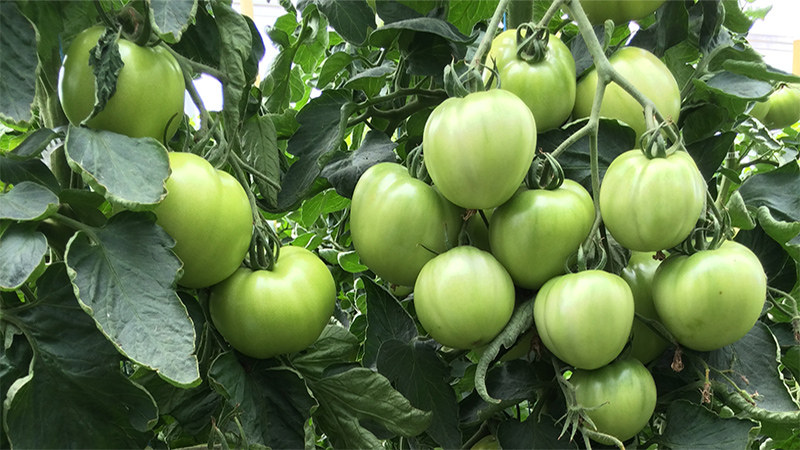Indian Agricultural Product Exporters Hurting

Pakistani guards at the Wagah border crossing. Photo credit: Flickr user Giridhar Appaji Nag Y. Creative Commons license.
Indian exporters are feeling the effects of European Union regulations and pressure from Central Asia on the import of agricultural crops.
The EU banned Indian mangoes and other vegetables in early May, India Times reported. Alfonso mangoes, eggplants, taro plants, bitter gourds and snake gourds were among the items prohibited due to a fruit fly infestation found in 207 consignments of Indian produce that shipped in 2013. Unsatisfactory phytosanitary certification issues were cited as a reason. The ban took effect on May 1 and will remain in place until December 2015.
Indian Minister of Commerce and Industry Anand Sharma told India Times that Indian authorities might complain to the World Trade Organization if the EU does not consider reversing its decision. He described the EU’s actions as unjustified and warned that the negative economic consequences would be far-reaching.
Also in early May, Iran clamped down on Indian basmati rice imports.
The Financial Express reports that exports of basmati rice have declined sharply since January 2014 because Iran, which bought 40% of India’s basmati rice exports in fiscal year 2014, is insisting that Indian exporters meet new and meticulous verification requirements. These include standards for for arsenic levels, baselines set in International Standard (ISO) 22000 for food safety, good agricultural practices (GAP) and non-GMO certification.
The Express reports that the Indian Ministry of Commerce and Industry has invited Iranian inspectors to visit rice processing facilities in India to inspect them themselves.
In another blow to India’s economy, Pakistani farmers have also come out against imports of Indian agriculture products. Zarai Media reports that the Pakistani agriculture sector is concerned because the Pakistani government may grant Non-Discriminatory Market Access (NDMA) to Indian exporters who could then too easily flood the market and destroy any potential profits local producers could make.
A Pakistani association of farmers, Kissan Ittehad, and other Pakistani agricultural organizations staged a march and sit-in protest in late March at the Wagah border crossing, significant because it is the only India-Pakistan border crossing with a main road, which goes from Lahore in Pakistan to Amritsar in India.
Pakistani Minister of Commerce Khurram Dastgir Khan set up a special committee to monitor all Indian agricultural imports that pass through this border, Zarai Media reports.
In response to the popular protests, the Pakistani government has decided to delay but not cancel a final decision on granting NDMA status to Indian exporters, the Express Tribune reports. Khan explained that in light of upcoming political elections in India, the decision was postponed in order to avoid any appearance of favoritism in a fluctuating, dynamic political climate.





